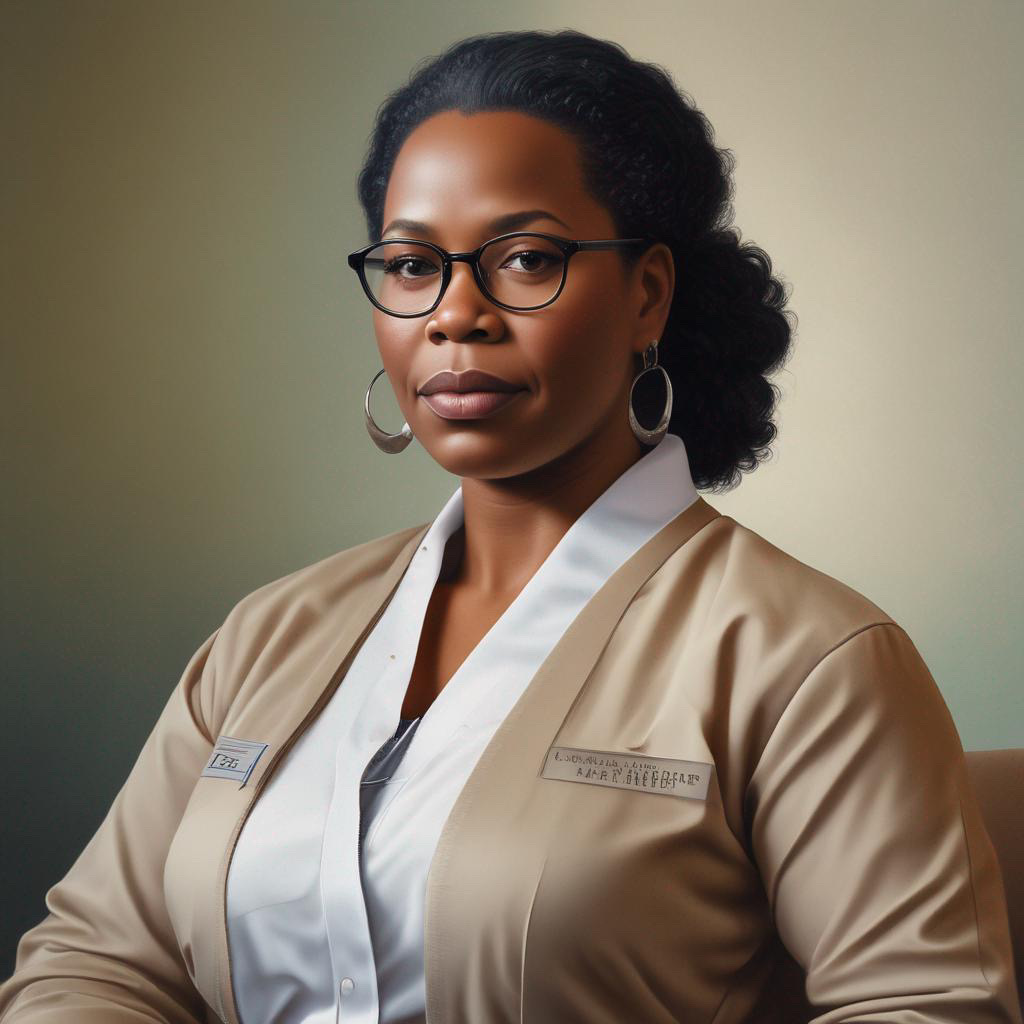Imagine this scene: shrouded in darkness, a blind man is brought to Jesus by friends who recognize his plight (Mark 8:22-25). They plead for a touch, a spark of hope that could illuminate his world. This narrative invites us to reflect on our blindness—both personal and societal—and the transformative power of divine intervention. This moment resonates deeply, especially when we consider how many of us walk through life unaware of our blindness—be it to our pain, our prejudices, or the injustices that surround us.
When Jesus touches the man’s eyes, he asks, “Do you see anything?” Initially, the man sees men walking like trees—vague, distorted images that reflect his incomplete vision. It’s a powerful metaphor for our journeys: We may catch glimpses of truth but still lack clarity. Only when Jesus touches him again is his sight fully restored. This second touch symbolizes God’s more profound work of healing, urging us to seek and embrace enlightenment that transforms our understanding.
Reflecting on this passage, we see a profound truth: healing begins when we acknowledge our need for it. Just as the friends brought the blind man to Jesus, we must take our societal wounds to the light of Christ. Our eyes must be opened, not just to see our suffering, but to recognize our collective responsibility to act. In this moment of reflection, let us pray for the courage to confront our blind spots.


